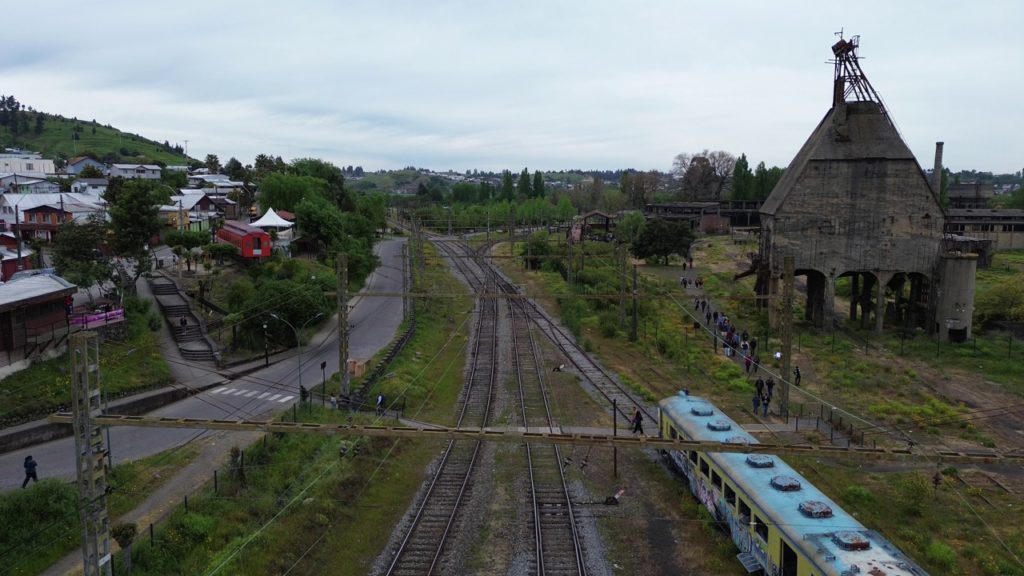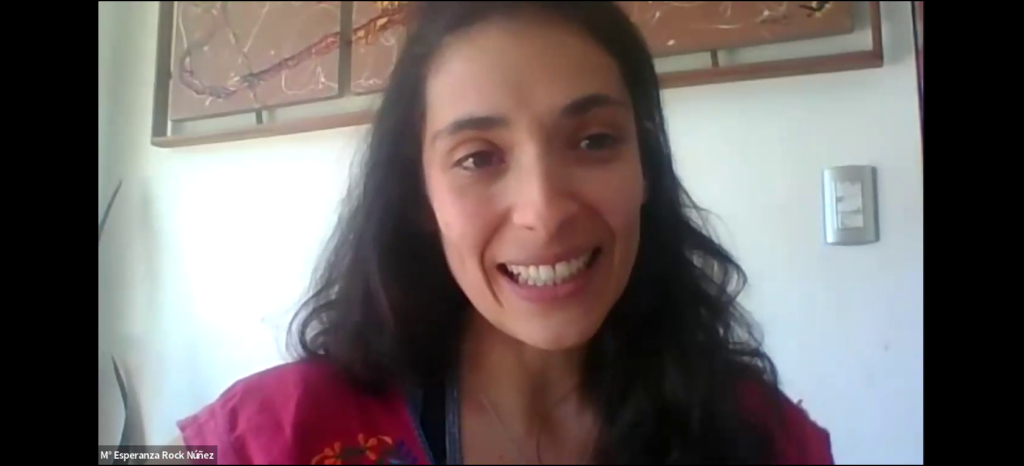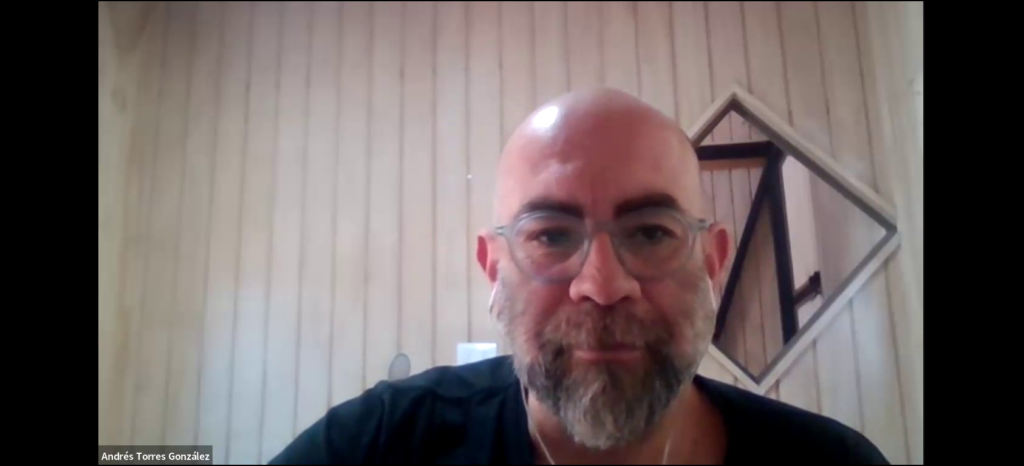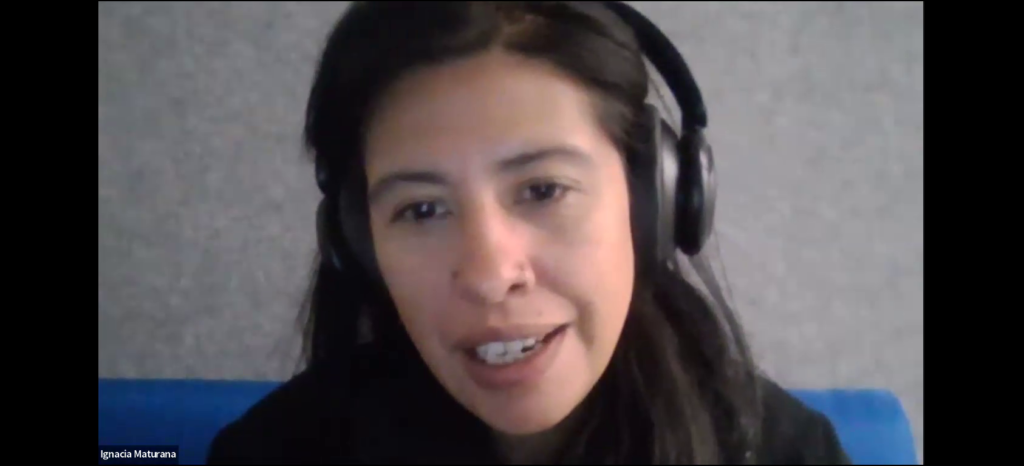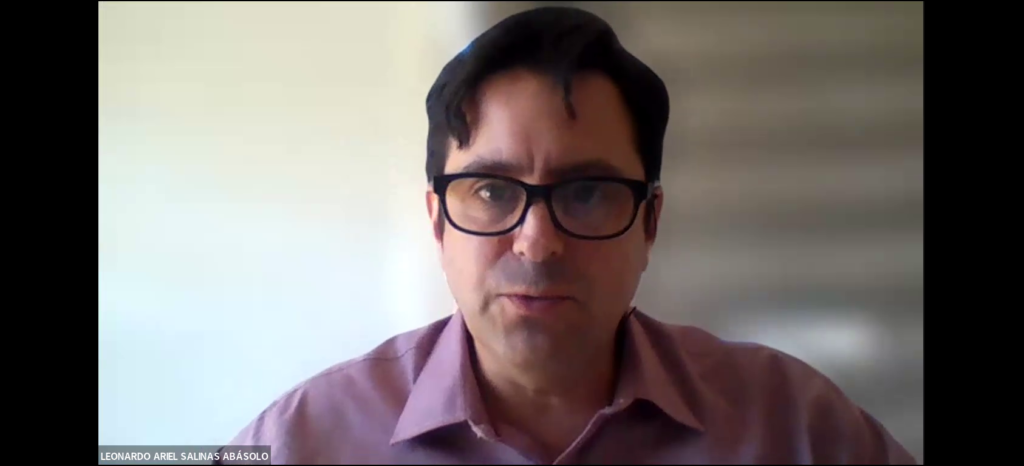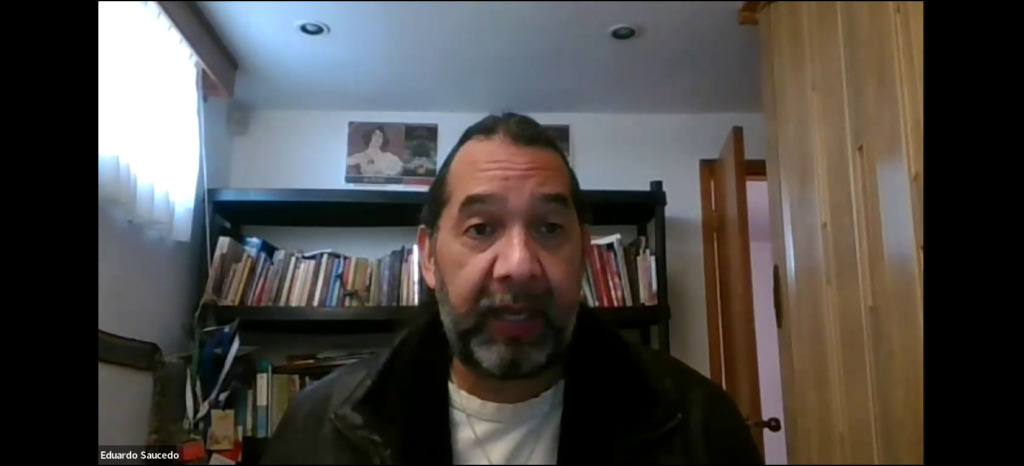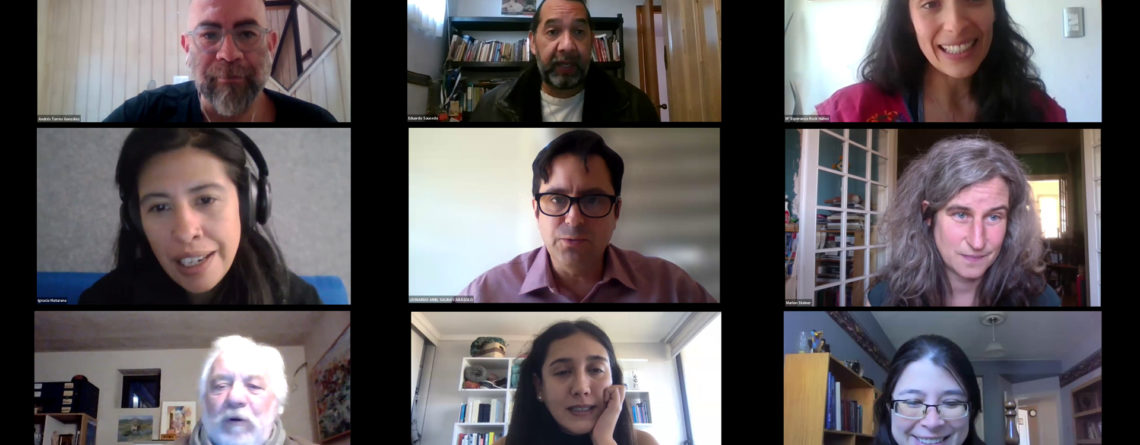After four successful months, Creasur concludes the “Diploma in Collaborative Methodologies for Heritage Projects with a Critical Approach”
With an online qualification, last December 18, 2010, the “Diploma in Collaborative Methodologies for Heritage Projects with a Critical Approach”, wich was developed over a period of four months, with the participation of public service officials, heritage project managers, cultural managers, academics, officials and directors of museums in the Biobío Region.
As an integral part of their training, participants were dedicated to identifying the needs and potential of cultural heritage in the Biobío region, resulting in a broad portfolio of heritage projects. This process was guided by leading experts from Chile, Mexico, Germany, Italy and Bolivia, who contributed to the development of critical thinking applied to regional heritage.
Carlos Toledo Martel, in charge of the Cultural Center and Culture Department of the Municipality of Hualpén, said: “I consider the tools provided by this diploma course to be of great value, as it gave us the tools to work both locally and nationally in all areas of heritage with a critical and collaborative vision of the work to be done, always thinking about the communities and the identity elements of each territory in our region.”
Also, Roberto Gallegos Parra, cultural manager of Coronel, thanked for the opportunity and hopes for a second version: “I am very happy to have taken this diploma course, to have met so many foreign and national professors with so much knowledge, who transferred that knowledge in a very didactic way. And particularly, of the congress in which we also participated, it was a great experience that marked me a lot within the diploma course. I would just like to thank those who made this diploma course possible and I hope that in the next opportunity we can continue training ourselves, training ourselves and meeting each other to continue contributing to the cultural development of our country”.
This first academic cycle was made possible thanks to funding from the Biobío Regional Government, which, through the CreaSur Cultural Center, led the implementation of the program “Strategies for the Transformation of Industrial Heritage into Regional Assets”, giving rise to this postgraduate degree.
The course, designed to address local needs and comply with international standards, was certified by OTEC Cultura y Territorio, and was sponsored by the Master in Architectural Heritage Intervention of the Faculty of Architecture and Urbanism of the University of Chile and national accreditation through NCh#2728.
Maria Esperanza Rock, director of the Strategies for the Transformation of Industrial Heritage into Regional Assets program, said: “The course was part of a training-action-collaborative strategy whose purpose was to generate the beginning of a governance network by convening public service actors and independent heritage managers in the region who shared 126 hours of training, learning about their interests, developments and problems that they detect in their communities. Being partners in a training program promotes collaboration, knowledge and mutual respect. This is now consolidated in their graduation. Each one of them today become motors of transformation in each of their territories, with methodological and critical tools and with a concrete project that was part of the evaluation to obtain their degrees”.
Thus, the certification of the first generation of diploma students, mostly composed of public officials from the municipalities of Biobío and leaders of crucial heritage projects for the region, marks the beginning of a pioneering collaborative network in regional heritage governance.
